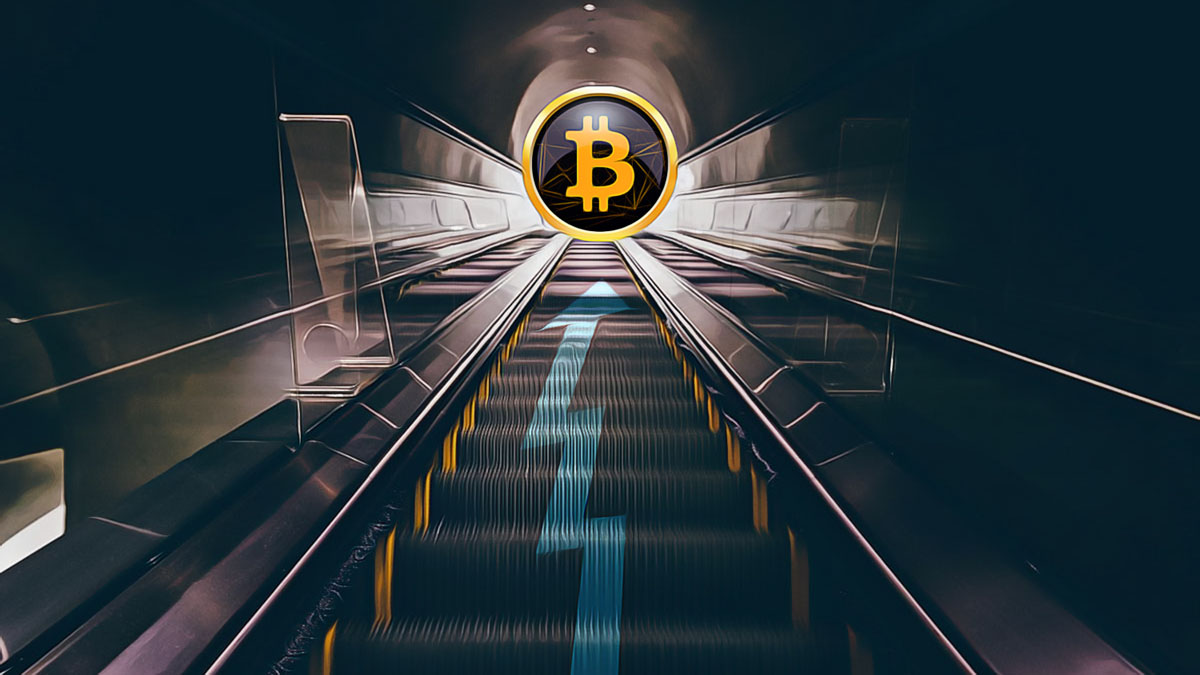South Korea’s largest cryptocurrency exchange, Upbit, witnessed Bitcoin‘s price momentarily reach an all-time peak of approximately 96.7 million Won ($72,504), surpassing global rates significantly. The phenomenon, commonly referred to as the Kimchi Premium, saw a notable upward trend in concert with Bitcoin’s global price increase starting early February.
Exploring the Kimchi Premium’s Surge
Blockchain analytics firm CryptoQuant noted that the Korea Premium Index, a measure of the price gap, expanded from 5.19 to 6.84 between February 28th and March 5th. During this period, Bitcoin’s international value also soared, cresting over $69,200. This rise was primarily attributed to a surge in institutional demand in the United States, particularly from entries into Bitcoin ETFs.
Ho Chan Chung, a CryptoQuant analyst, pointed out the role of institutional demand from the United States in driving Bitcoin’s price. However, the South Korean market dynamics differed, with the absence of spot Bitcoin ETFs leading to the increment being largely fueled by retail investors’ spot purchases within the country.
Arbitrage Opportunities Amid Market Fluctuations
The Kimchi Premium first caught the attention of the financial world in 2016 and was extensively analyzed in a study by the University of Calgary three years later. The study revealed that between January 2016 and February 2018, Bitcoin prices on South Korean exchanges averaged 4.73% higher than those in the US. Extreme disparities, such as during the December 2017 bull run where Bitcoin prices in South Korea outpaced global exchanges by around 50%, led CoinMarketCap to exclude some Korean exchanges from its price calculations.
Investors occasionally exploit these price variances, engaging in arbitrage. Despite this, the Kimchi Premium re-emerges periodically, particularly during significant market uptrends, suggesting persistent market inefficiencies. South Korea’s financial authorities are currently contemplating the introduction of spot Bitcoin ETFs, which could potentially reconcile these longstanding price disparities.












